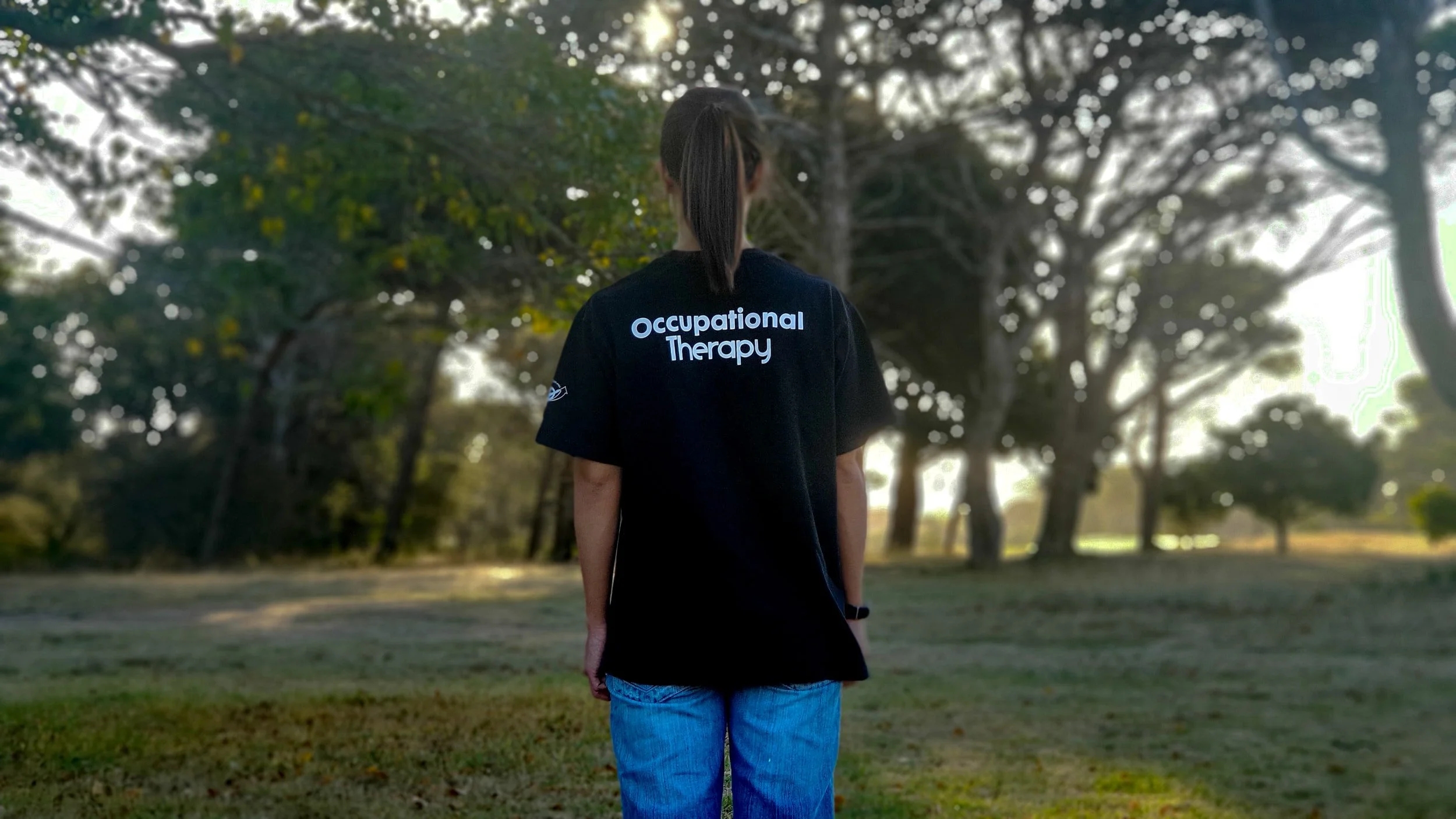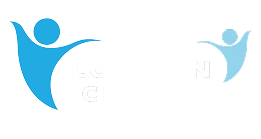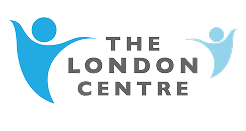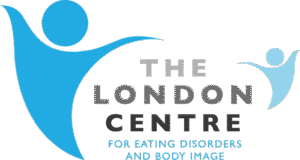Occupational Therapy for Eating Disorders
Rebuilding confidence, balance, and purpose through personalised therapeutic support.
Occupational Therapy EXPLAINED
What Is Occupational Therapy for Eating Disorders?
Occupational Therapy (OT) is a holistic, person-centred approach that supports individuals to re-engage with daily activities, routines, and meaningful roles that may have been disrupted by an eating disorder. Through practical, evidence-based interventions, OT helps people rebuild independence, confidence, and well-being in the everyday tasks that shape a fulfilling life.
At The London Centre, eating disorders occupational therapy focuses on restoring practical skills, strengthening emotional resilience, and helping clients reconnect with a sense of identity and purpose beyond the eating disorder.
1.25M
people living with an eating disorder
The Role of an Occupational Therapist in Recovery
Our occupational therapists work collaboratively with clients to build life skills, reduce anxiety around daily tasks, and achieve balance across self-care, work or study, relationships, and meaningful activities.
46%
of Adults feel unhappy about their appearance

Why Occupational Therapy Matters in Eating Disorder Treatment
Eating disorders can significantly impact functioning across many areas of life. OT bridges the gap between psychological therapy and day-to-day living, helping clients put therapeutic gains into practice in real, practical, and sustainable ways.
How Occupational Therapy Supports Recovery
OT empowers individuals to rebuild structure, stability, and confidence in daily routines, using a combination of emotional exploration and practical activity. Sessions help clients gradually reintroduce valued occupations, develop healthier coping strategies, and reconnect with relationships, goals, and interests that support long-term wellbeing. This approach is gentle, collaborative, and tailored, guiding clients to make steady progress at a pace that feels safe and supportive.
What Happens During OT Sessions?
A Supportive and Collaborative Process
OT at The London Centre is collaborative and compassionate. Clients are supported to progress at their own pace, with an emphasis on empowerment, autonomy, and restoring an identity beyond the eating disorder.


Benefits of Occupational Therapy for Eating Disorders
Who Can Benefit from Occupational Therapy?
OT can support individuals at any stage of recovery — whether returning to daily activities following inpatient treatment, embedding new routines as part of ongoing outpatient therapy, or addressing long-standing difficulties with independence, structure, or confidence. It is also helpful for those experiencing co-occurring challenges such as anxiety, low motivation, perfectionism, neurodivergence, or difficulties with sensory processing or social interaction. Sessions are appropriate for adolescents and adults and can be adapted depending on emotional, cognitive, and physical readiness.

Start your journey
Take the First Step
Towards Recovery
Rebuilding a meaningful and balanced life after an eating disorder is possible, and you don’t have to do it alone. Occupational Therapy can provide the practical, emotional, and structured support needed to help you regain confidence and move forward with clarity and hope. If you’d like to explore whether OT could support your recovery, we’d be very happy to speak with you.


